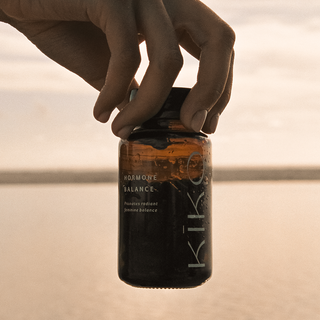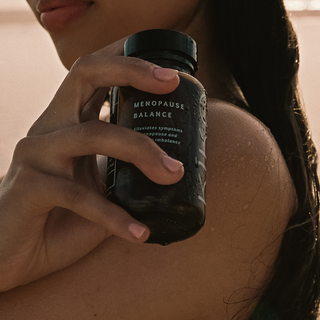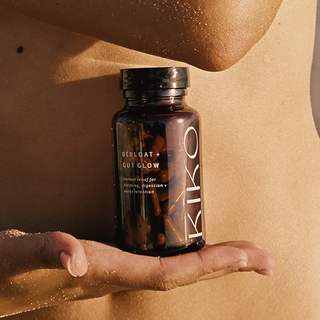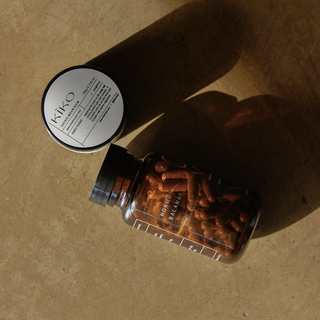Balancing Your Diet to Balance Your Hormones: Nutrition for PCOS
Polycystic Ovary Syndrome (PCOS) is a common endocrine disorder affecting around 10% of women of reproductive age. It is characterised by irregular menstrual cycles, high levels of androgens (male hormones), and polycystic ovaries. Managing PCOS often requires a multifaceted approach, with nutrition playing a crucial role in mitigating symptoms and improving overall health.
Understanding the Role of Nutrition in PCOS
Nutrition directly impacts hormone levels, insulin resistance, and inflammation, all of which are critical factors in PCOS management. A well-balanced diet can help regulate menstrual cycles, reduce symptoms, and lower the risk of associated conditions such as type 2 diabetes and heart disease.
Key Nutritional Strategies for PCOS
Focus on Low Glycemic Index (GI) Foods
Foods with a low glycemic index are absorbed more slowly, preventing spikes in blood sugar levels. This is particularly important for women with PCOS, who often experience insulin resistance. Incorporate whole grains, legumes, fruits, and vegetables, and avoid refined sugars and processed foods to maintain steady blood glucose levels.
Increase Your Fibre Intake
High-fibre foods help to regulate blood sugar and improve digestion. Aim for at least 25 - 30 grams of fibre daily from sources like vegetables, fruits, whole grains, and legumes. Fibr3 also promotes satiety, aiding in weight management, which is beneficial for many women with PCOS.
Lean Proteins and Healthy Fats
Proteins and healthy fats are essential for hormone production and overall health. Include lean proteins such as chicken, fish, and plant-based options like beans and lentils. Healthy fats from avocados, nuts, seeds, and olive oil help reduce inflammation and support heart health.
Anti-inflammatory Foods
Chronic inflammation is a common issue in PCOS. Foods rich in antioxidants and omega-3 fatty acids can help combat inflammation. Incorporate plenty of berries, leafy greens, fatty fish like salmon, and nuts. Herbs and spices such as turmeric and ginger also have powerful anti-inflammatory properties.
Regular, Balanced Meals
Eating at regular intervals helps to maintain stable blood sugar levels and prevent overeating. Focus on balanced meals that include a combination of proteins, healthy fats, and low GI carbohydrates. This approach helps in sustaining energy levels and reducing cravings.
Limit Dairy and Gluten
Some women with PCOS find that limiting dairy and gluten can help to reduce symptoms, although this is not universally necessary. If you suspect sensitivities, try an elimination diet under the guidance of a healthcare professional to see if symptoms improve.

Supplements and Lifestyle Changes
In addition to dietary changes, certain supplements and lifestyle modifications can further enhance PCOS management. Kiko’s Hormone Balance is an ‘all in one’ hormone balancing supplement made to help women with PCOS, as well as other imbalances like PMS, endometriosis, menopause, stubborn weight, acne, and more.
Conclusion
Managing PCOS with nutrition is a powerful approach that addresses the root causes and alleviates symptoms. By focusing on a balanced diet rich in low GI foods, fibre, lean proteins, healthy fats, and anti-inflammatory foods, women with PCOS can achieve better hormonal balance and improved overall health. Coupled with appropriate supplements and lifestyle changes, these nutritional strategies offer a holistic path to managing PCOS effectively.



